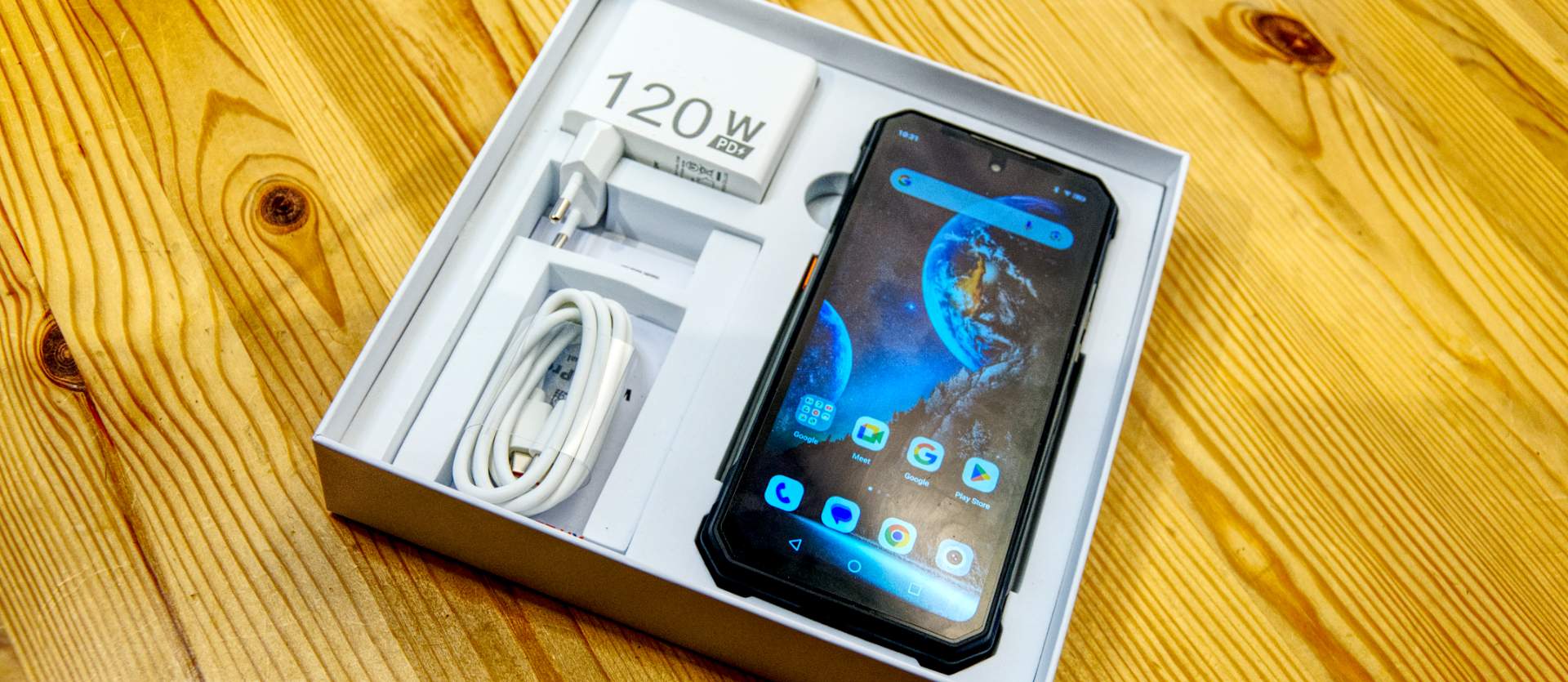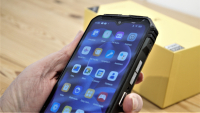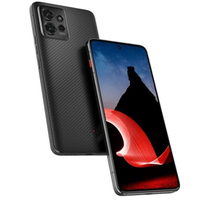TechRadar Verdict
With some clever engineering, Oukitel managed to have its performance cake and not eat all the battery capacity. Given the specification, the WP30 Pro is remarkable for the price, and there are few places where it doesn’t impress.
Pros
- +
Lighter than most rugged phones
- +
Dual display
- +
Dimensity 1200
- +
5G
- +
512GB of storage
Cons
- -
No MicroSD card option
- -
Can get warm in use
- -
Only Widevine L3
Why you can trust TechRadar
Oukitel WP30 Pro: 30-second review
Rugged phones have started to coalesce into two groups. We’ve seen hefty designs with monster batteries that aren’t practical for everyday devices and the travelling light options where the battery isn’t much bigger than a typical phone.
The Oukitel WP30 Pro is trying to put a foot in each of these camps by not being excessively heavy but packing in a substantial battery that provides extended running time.
It is also the first phone we have reviewed built around MediaTek’s new Dimensity 1200 SoC. A chip brings even higher clock speeds, a new ARM Mali-G77 GPU, and supports 5G comms.
With 12GB of RAM that can be doubled to 24GB using memory expansion mapping and 512GB of storage, this is a high-specification phone that’s only overshadowed by those using the new Snapdragon 8+ chips.
We've tested many of the best rugged phones, and equally impressive is the 11000 mAh of battery Oukitel placed inside, which can absorb 50% of its capacity within 15 minutes using the 120W included charger.
Owners can expect a fully charged WP30 Pro to go for 1400 hours on standby and 45 hours of talk time.
But alongside the headline features, Oukitel always likes to put something unusual in its phones, and in this design, the back of the phone has a small 1.8-inch display that can display a clock. That it didn’t have a way to show notifications is mildly disappointing, but some of the clock options are very impressive.
For the $399 that Oukitel is asking for, the WP30 Pro is an imposing device that combines full IP68/69 water and dust-resistant experience, good cameras, and a great battery life.
It might have been even lighter, and a few features feel like gimmicks, but its underlying technology is excellent.
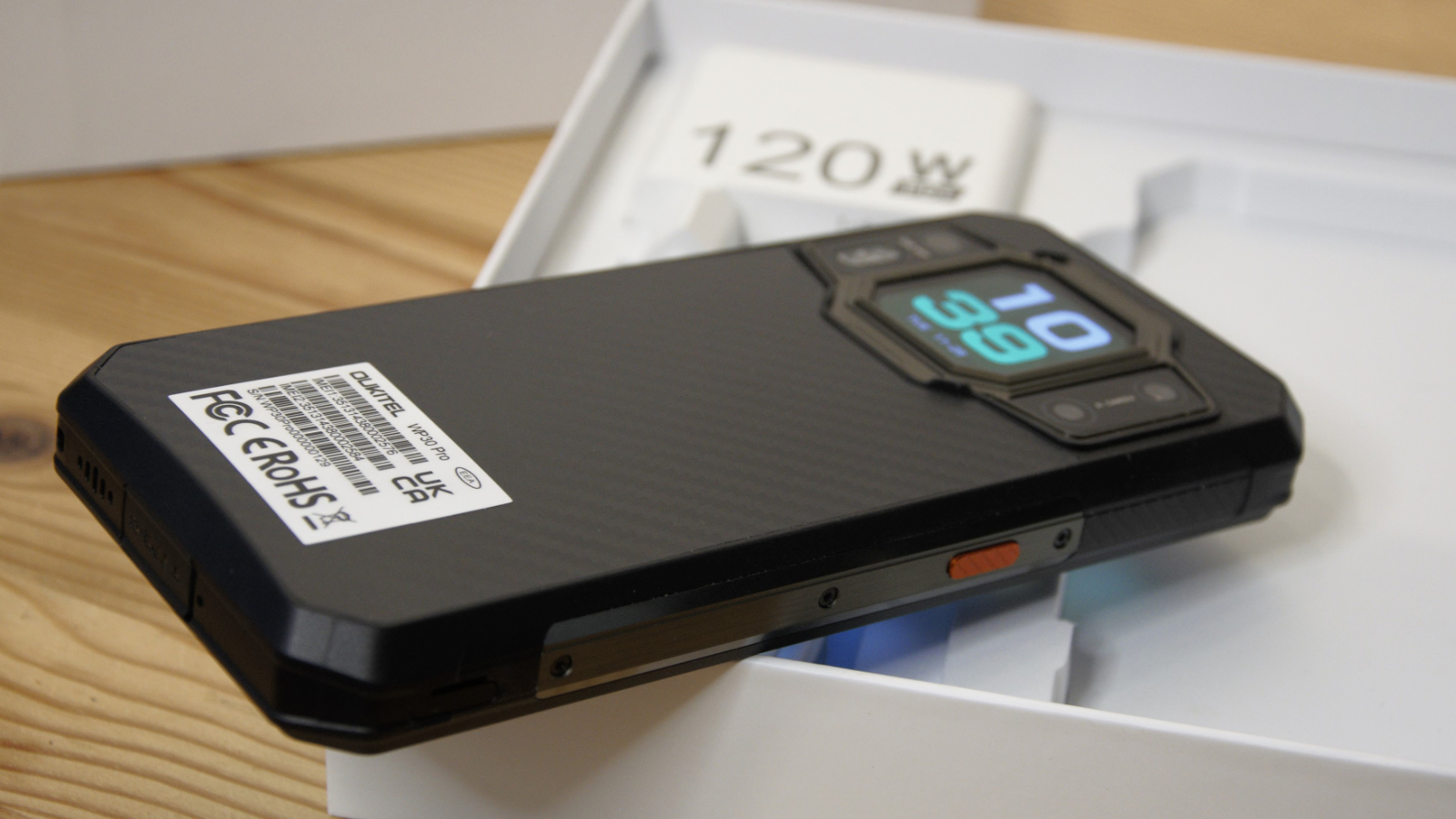
Oukitel WP30 Pro: price and availability
- How much does it cost? From $339
- When is it out? Now
- Where can you get it? Direct from Oukitel
At the time of writing, the WP30 Pro is on pre-order from Outkitel with a cost of $399 for US customers and £327.99 for those in the UK. It’s expected to ship on the 1st of December, 2023. And presumably, after that date, it will also be available through online retailers.
Amazon carries all the other Oukitel phones, so it should be available through them.
Compared with what other phone makers offer for $400, the WP30 Pro specification looks like a bargain.
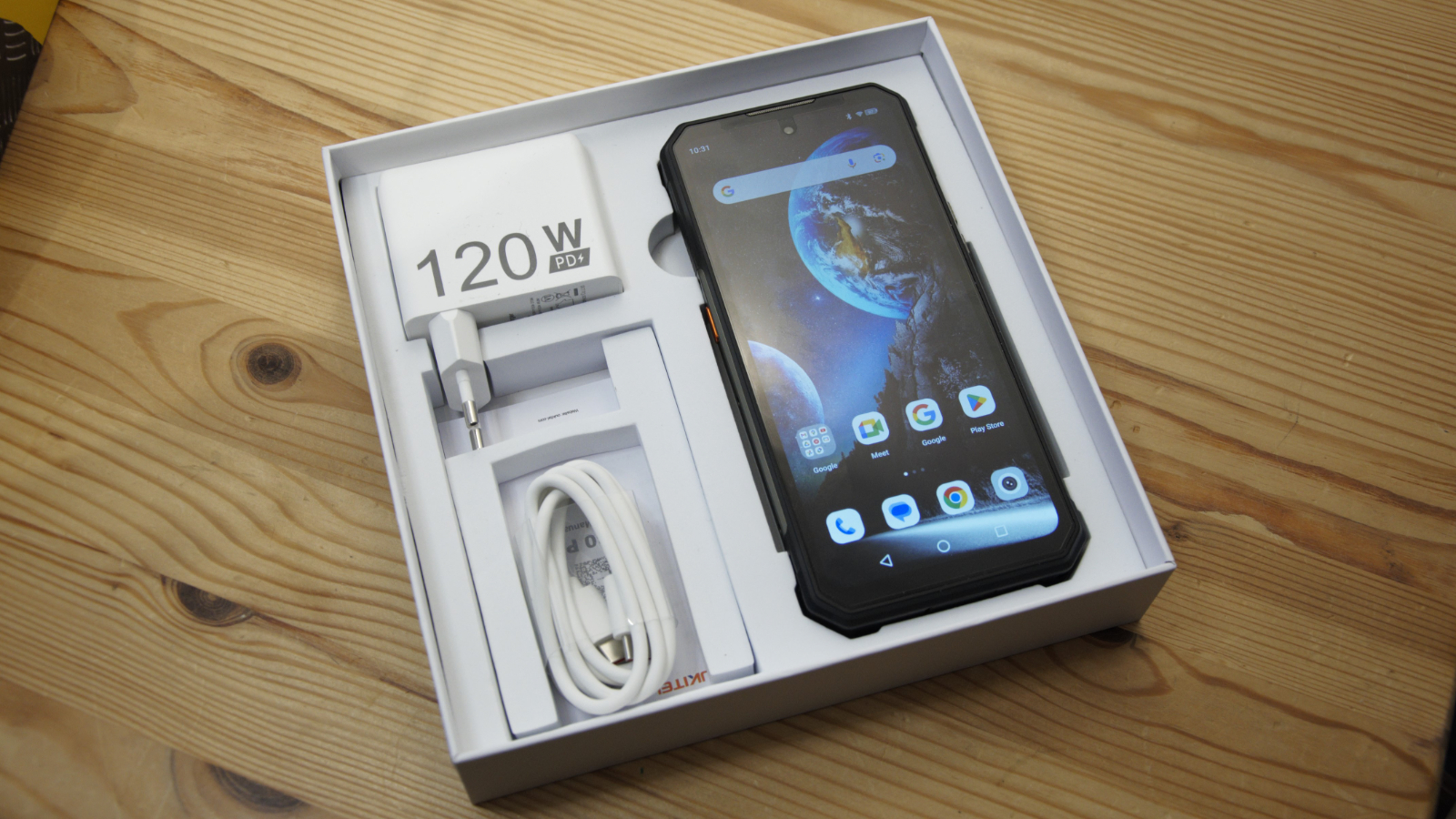
- Value score: 5/5
Oukitel WP30 Pro: Specs
| CPU: | MediaTek Dimensity 1200/ Octa Core / 3GHz / 6nm / 5G |
| GPU: | ARM Mali-G77 GPU |
| RAM: | 12GB LPDDR4X |
| Storage: | 512GB UFS 3.1 |
| Screen(s): | 6.78-inch IPS 120Hz, 1.8-inch (390 x 450) |
| Resolution: | 2460x1080 |
| SIM: | Dual Nano SIM (no MicroSD) |
| Weight: | 413.8g |
| Dimensions: | 177.4 x 83.6 x 19mm |
| Rugged Spec: | IP68/IP69K, MIL-STD-810G |
| Rear cameras: | 108MP Samsung ISOCELL HM2 (S5KHM2SP03), 20MP SONY IMX350 Night Vision, 5MP GC5035 Macro |
| Front camera: | 32MP SONY IMX616 |
| Networking: | WiFi 6, Bluetooth 5.2 |
| OS: | Android 13 |
| Battery: | 11000mAh (Max charge 120W - 20V 6A) |
Oukitel WP30 Pro: design
- Chunky
- Well-built
- Rear display
The WP40 Pro gives off a distinctive cool-to-the-touch vibe when handled. It has a solid metal band on both sides into which the control buttons are embedded, and a weight of 413.8g makes it larger and heavier than a typical smartphone, but not to the point where it couldn’t be used as a daily driver for many people.
The layout is contemporary, with the combined power button and fingerprint reader on the right, with the left mounting the user customisable button and the SIM tray. There are no details on the top face, and the bottom edge only has the USB-C port behind a rubber plug. There is no 3.5mm audio jack, and Oukitel didn’t include an adapter to get that via USB-C.
The rear of the phone is remarkably flat and is finished in a carbon-fibre weave pattern, which hints that at some point during its development, the prototype of this phone might have had wireless charging. Something that never made it into the production model.
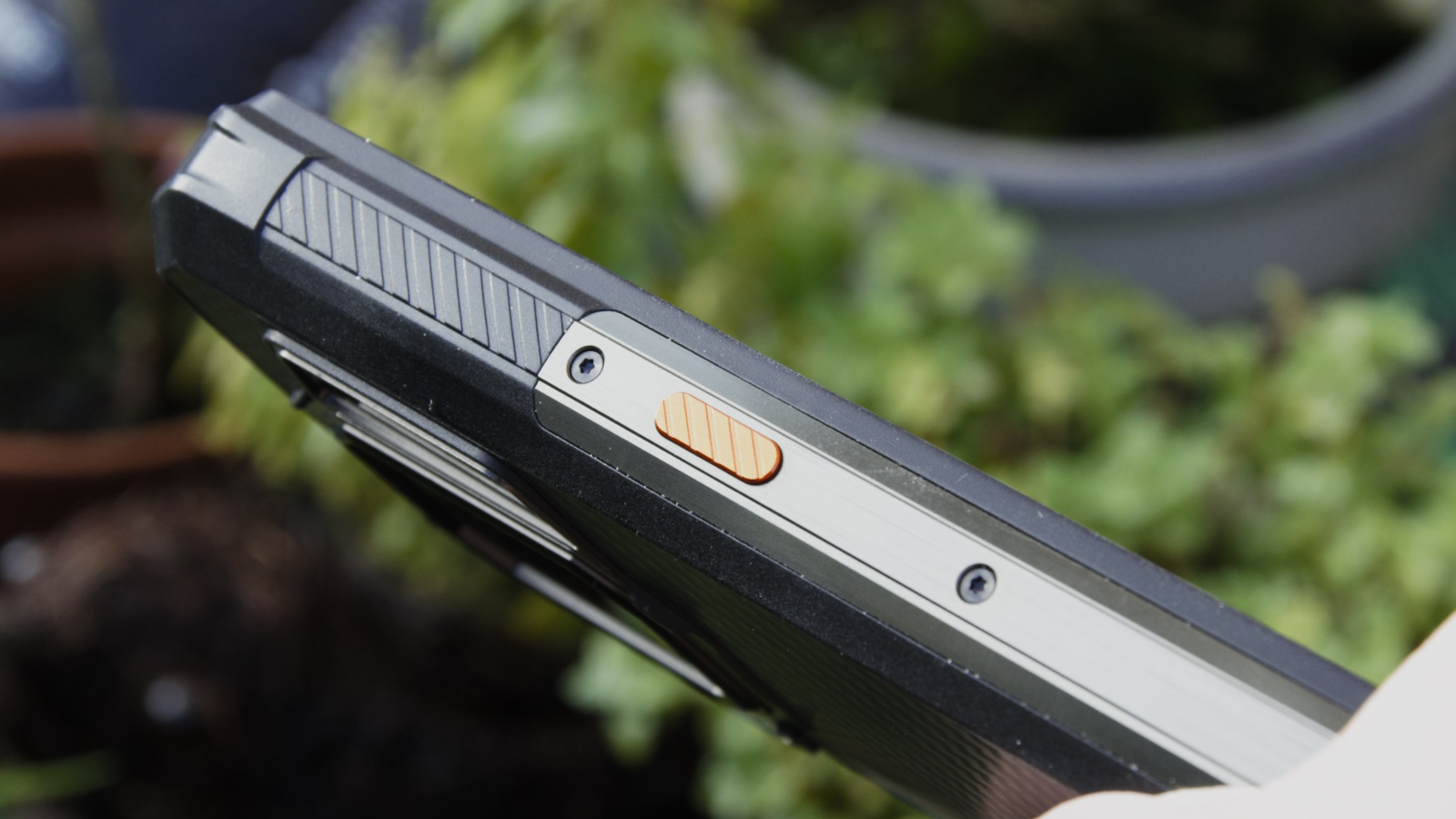
All the cameras in the rear cluster are pushed to either side, making photography a little bit tricky. The main camera sensor is on the left, and the night vision and macro are on the right, separated by the 1.8-inch rear display and the octagonal frame that protects that from being scratched.
This rear screen can be set to be permanently illuminated or active when the screen is tapped, but it is bright and colourful.
Overall, the layout doesn’t provide any great surprises, but the quality of construction and finish is good, and the WP30 Pro doesn’t look like a prop from a science fiction TV show.
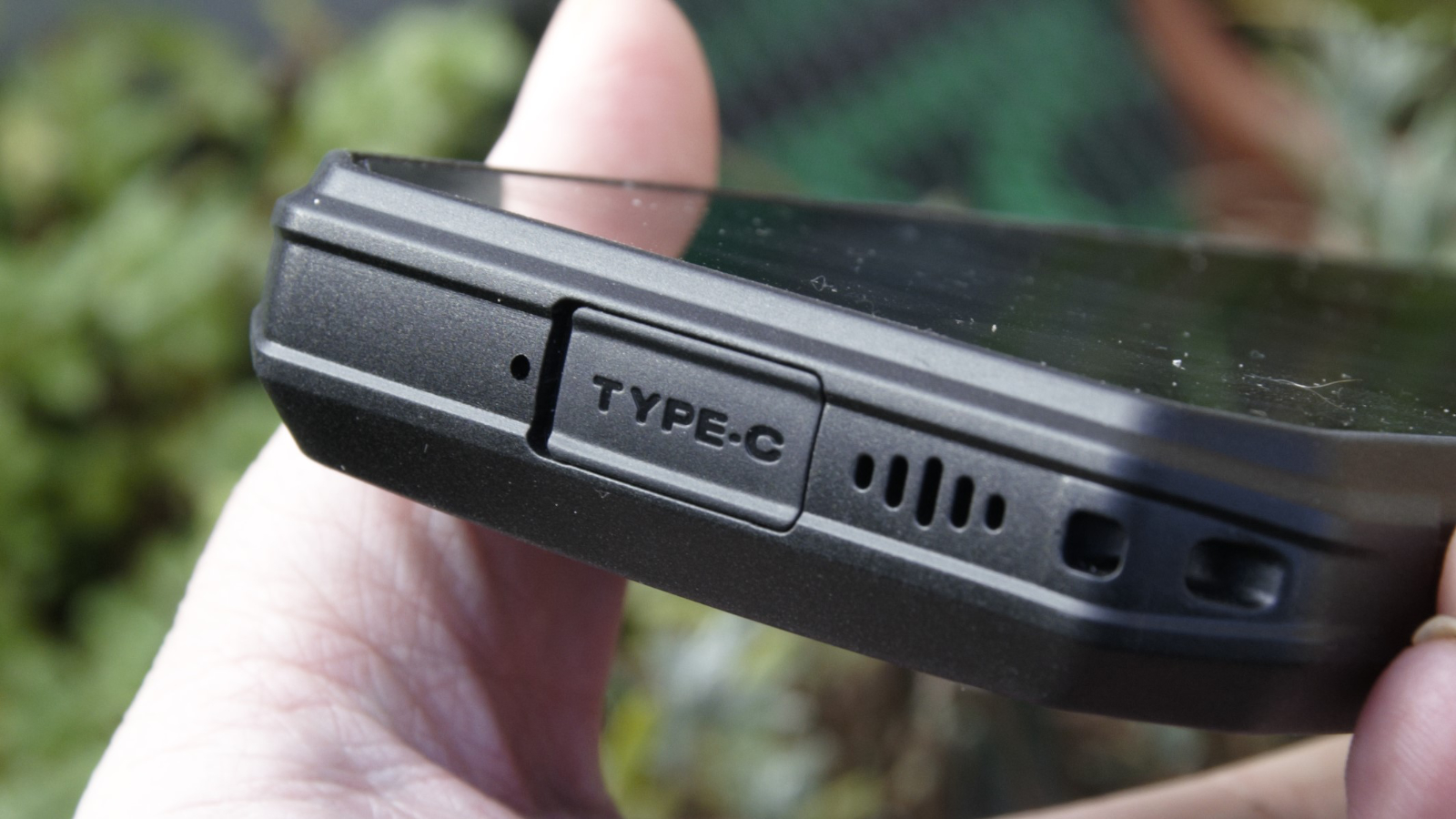
Design score: 4/5
Oukitel WP30 Pro: hardware
- Dimensity 1200
- No MicroSD card
- Rear display
The Dimensity SoC range by MediaTek has been the elevated offering above the Helio G-series chips, to which so many rugged phone makers have gravitated.
Phone makers have used the Dimensity 1000 series chips, but this is the first phone this reviewer has seen that uses the new 1200 series SoC.
It’s also appeared in a few Tecno, Realme, Vivo and Infinix branded phones, but these are all conventional designs and not ruggedised like the WP30 Pro.
The structure of this SoC reveals a customer desire for extra performance and power efficiency, enabling the WP30 Pro to be game-friendly yet offer prolonged running.
It sports a single ‘super core’ 3GHz Arm Cortex-A78 alongside three more performance-orientated Cortex-A78, each up to 2.6GHz. Rounding out the Dimensity 1200, the final four efficiency cores are all Arm Cortex-A55 up to 2GHz.
That’s a solid computing platform, coupled with the 9-core Arm Mali-G77 GPU, which elevates the overall performance of this SoC well beyond anything we’ve previously seen from MediaTek.
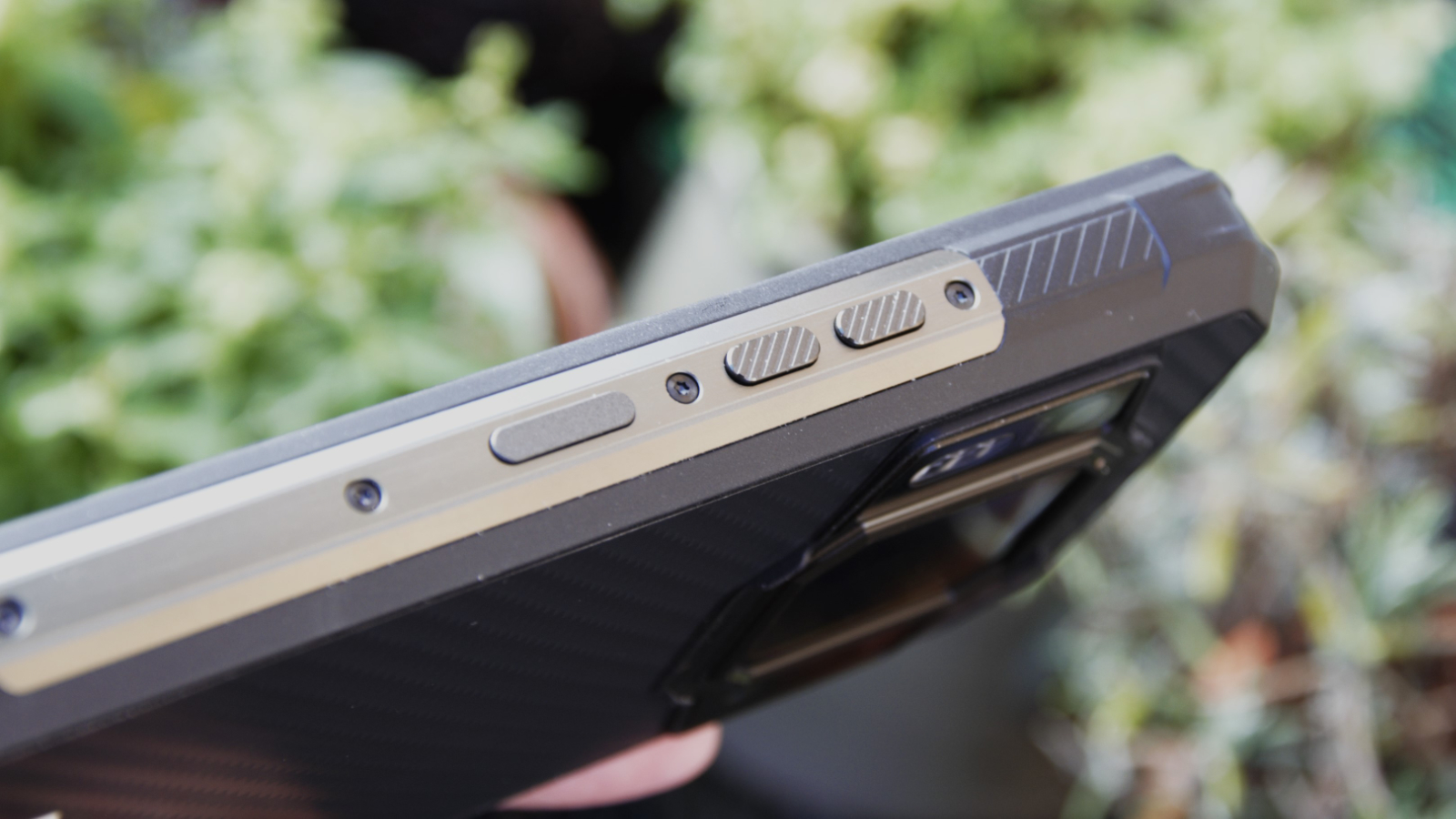
And, as you will see in our benchmarks, this GPU is so quick that it broke some of our tests.
By default, this SoC supports 5G comms, and WiFi6 networking, enabling the rapid transfer of data to and from the phone in those regions that support 5G.
However, there are a few small steps back to balance all those advances. While the SIM tray will accept two Nano SIMs, it doesn’t offer any place for a MicroSD card.
Therefore, this phone's 512GB (500GB usable) of storage space is the maximum amount it can ever have, even if that’s plenty for most people.
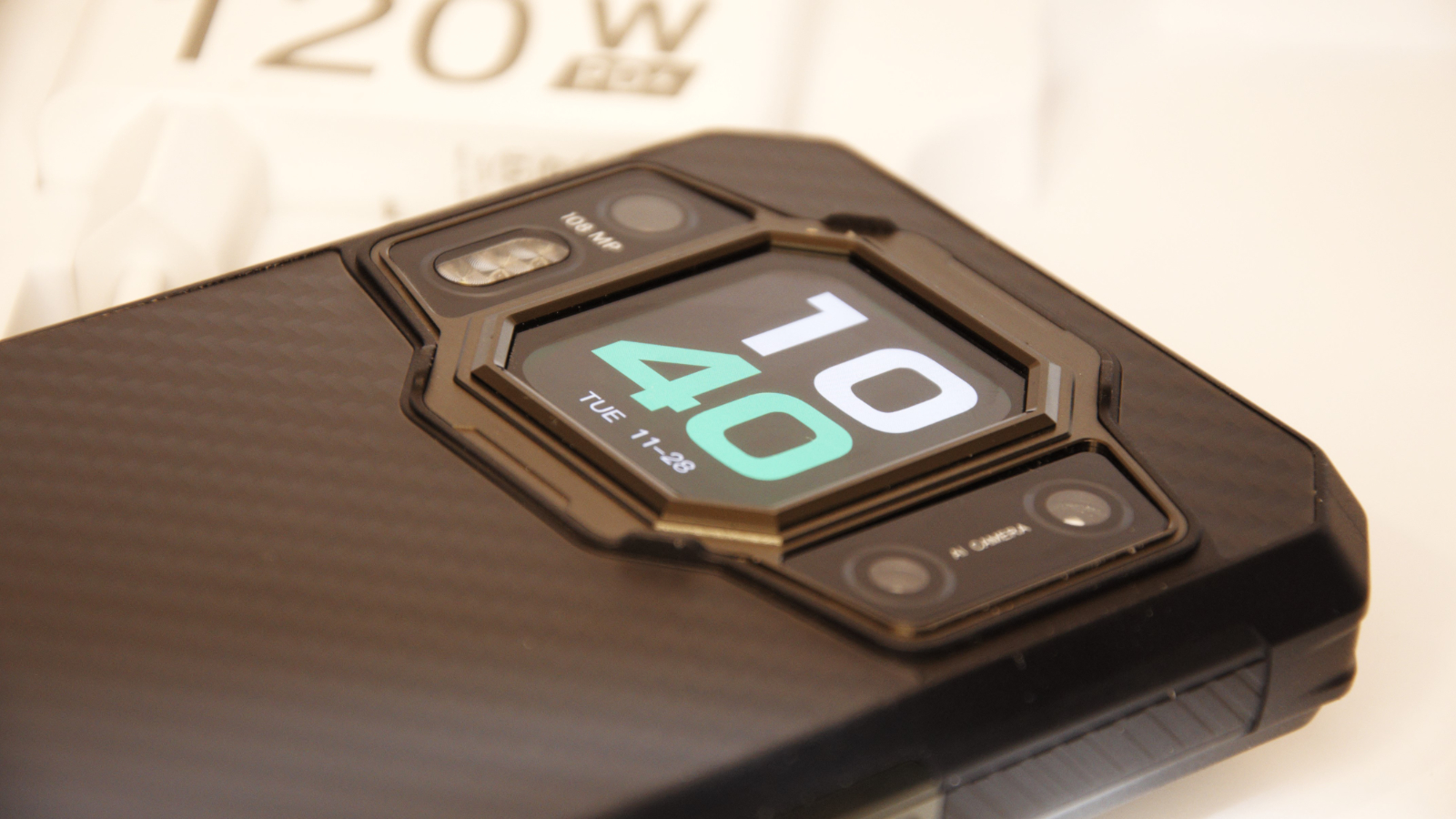
- Hardware score: 4/5
Oukitel WP30 Pro: cameras
- 64MP Main sensor
- 20MP Night vision
- 4K video recording
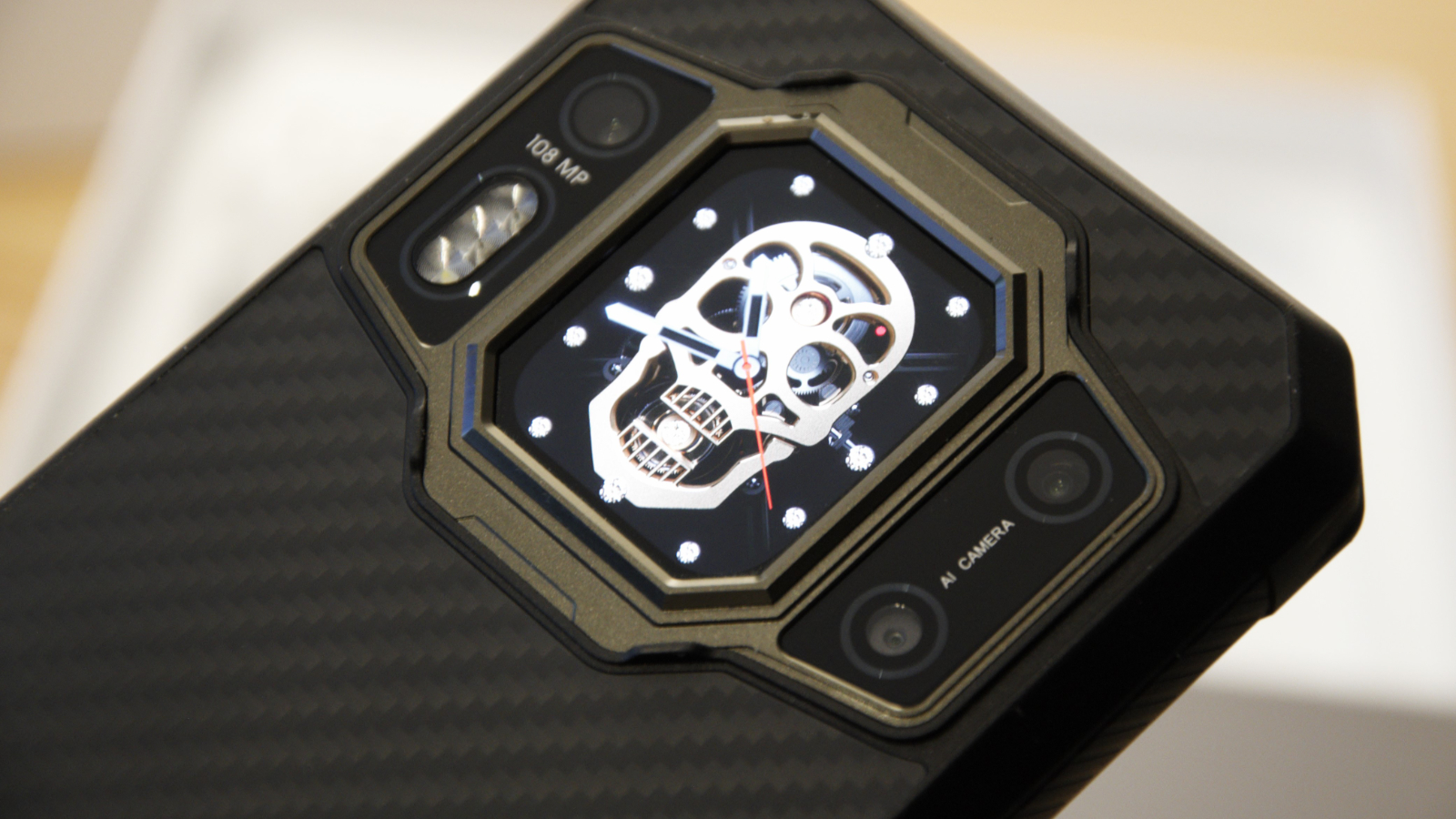
The Oukitel WP30 Pro has four cameras:
- Rear cameras: 108MP Samsung ISOCELL HM2 (S5KHM2SP03), 20MP SONY IMX350 Night Vision, 5MP GC5035 Macro
- Front camera: 32MP SONY IMX616
The ISOCELL HM2 has been a staple of many rugged designs in the past year, as the 108MP sensor offers substantial scope for pixel-binning to reduce grain in low-light images and a huge resolution to deploy in brighter environments.
And, on this phone, the camera app does allow this sensor to be better exploited than it is on many other phones and tablets that we’ve seen using it.
Most photography is done at 12MP unless you specifically select to shoot in 108MP, and doing so does limit some of the controls.
As for special shooting modes, a few are included, like Bokeh, Mono, Portrait, Panorama, QR codes and a full control Pro mode.
What they thankfully left out was ‘underwater’, as this phone might be waterproof, but it’s not designed to remain underwater for prolonged periods or depths.
The SONY IMX350 night vision sensor is interesting, as it delivers remarkably detailed images without the need for illumination. But Oukitel took it a step further than we’ve seen elsewhere with ‘Super Night’ mode, which appears to combine data from the 108PM main sensor with the 20MP night vision to give colour images even in the dark.
I'm not sure how that works, but the results are exceptionally well-saturated, considering they were taken in darkness.
The only issue noted was that night mode caused the photo app to crash when used directly, but it worked perfectly on a 2s timer. Obviously, a bug needs fixing, but the workaround is easy enough.
Video capture can be up to 4K, but as we expected, there is no framerate control or slow-motion mode. Overall, unless you specifically want slow motion, the photography and video capture of this device is top-level.
Oukitel WP30 Pro Camera samples
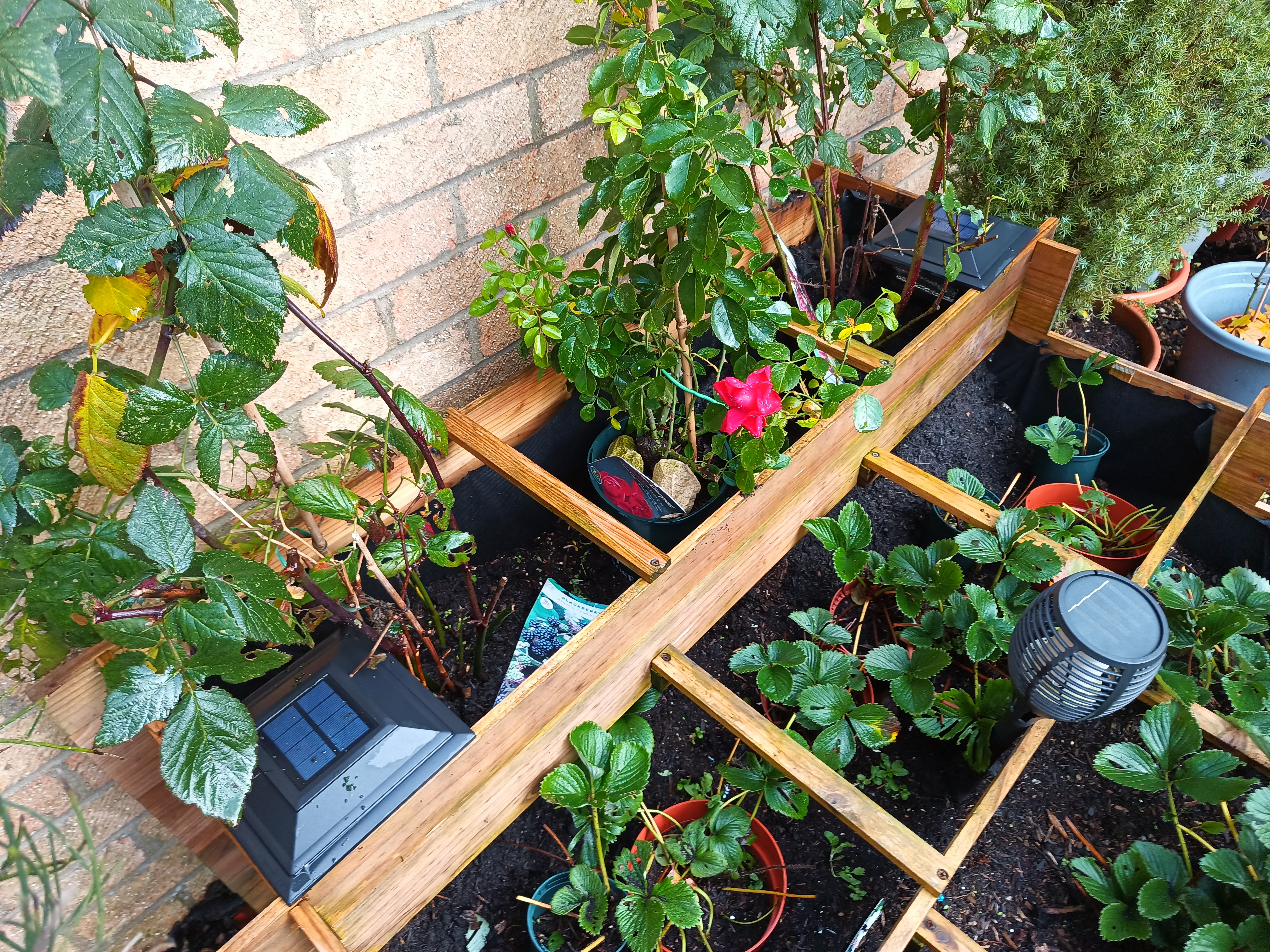
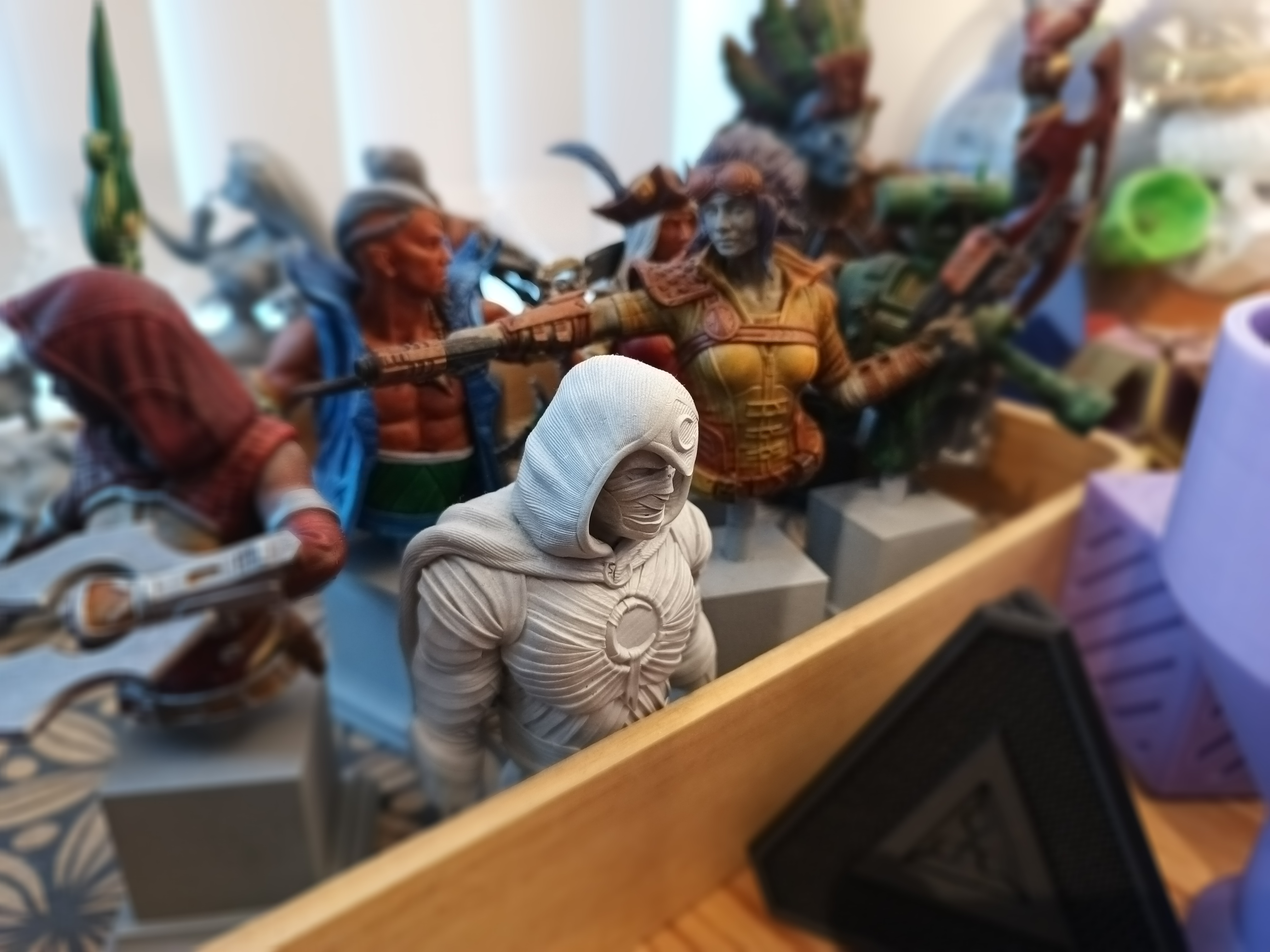

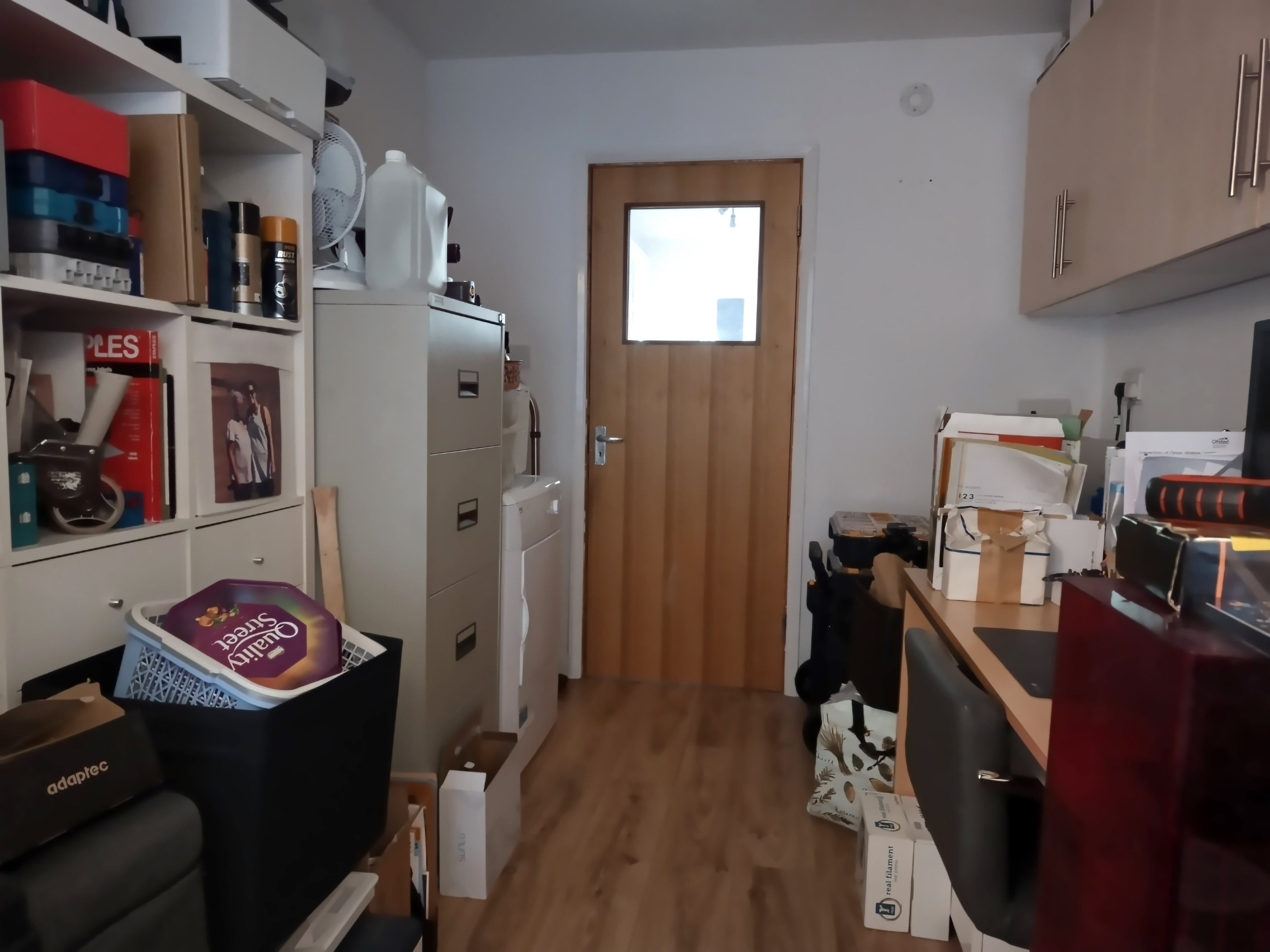
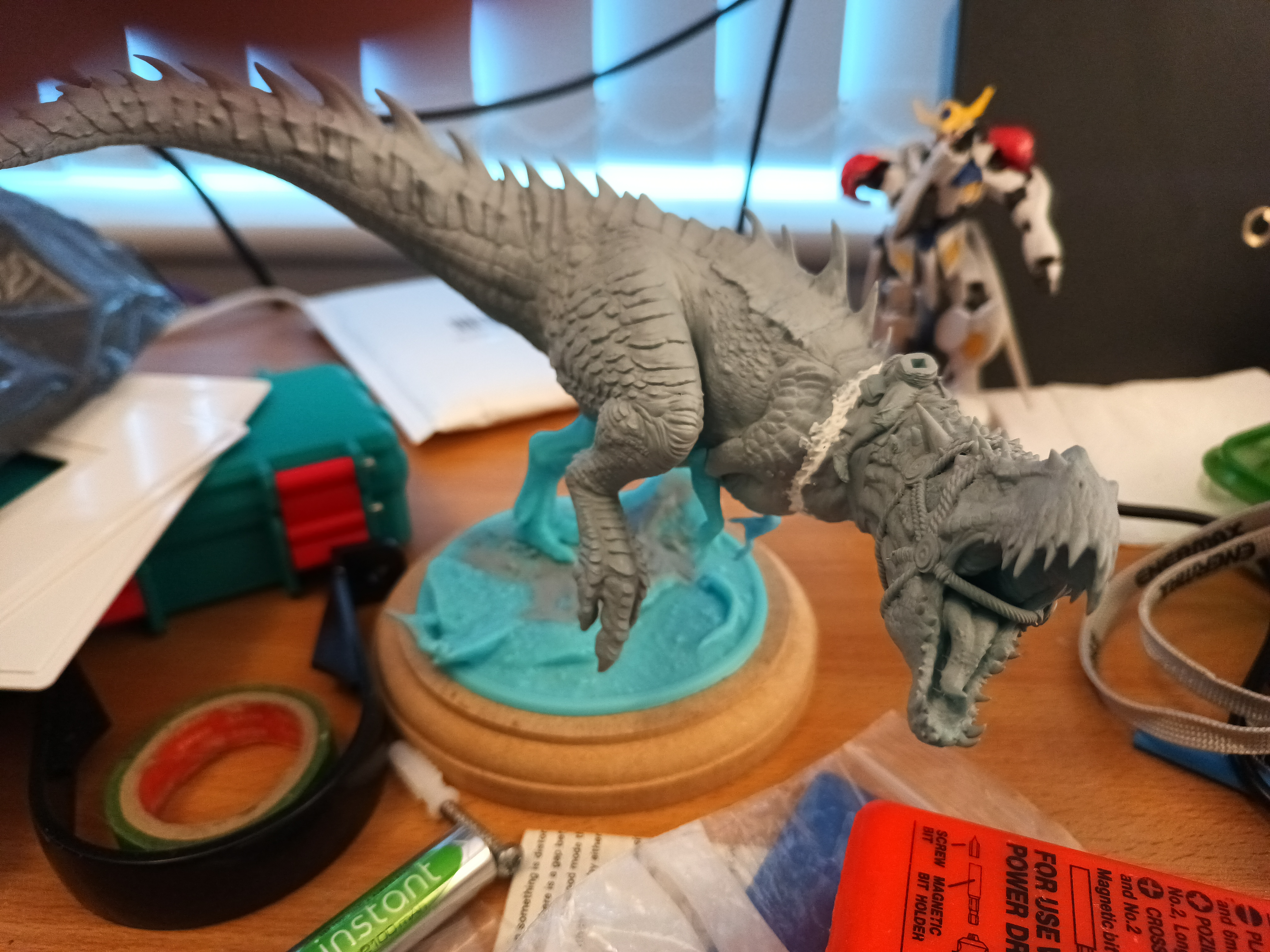
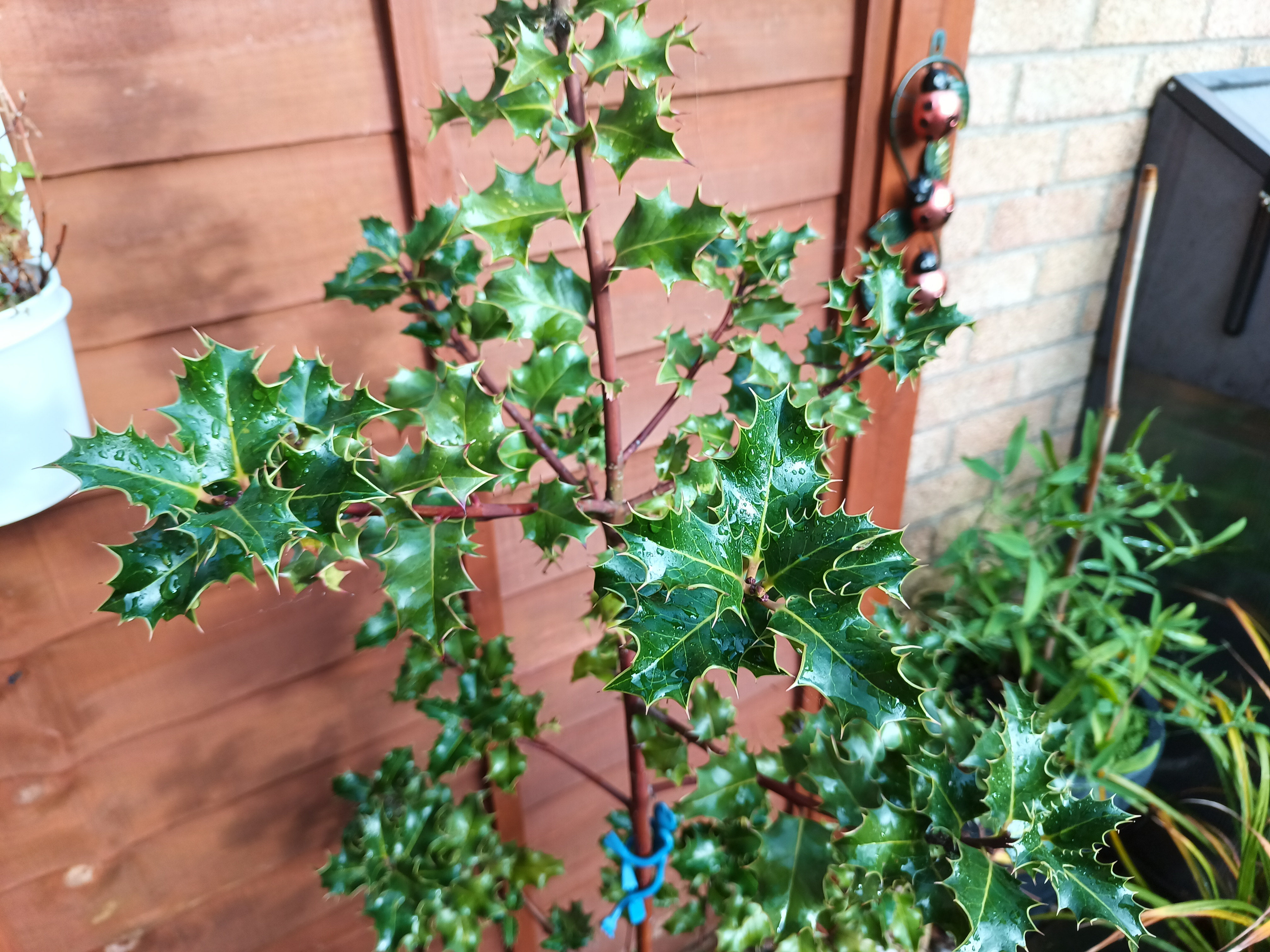
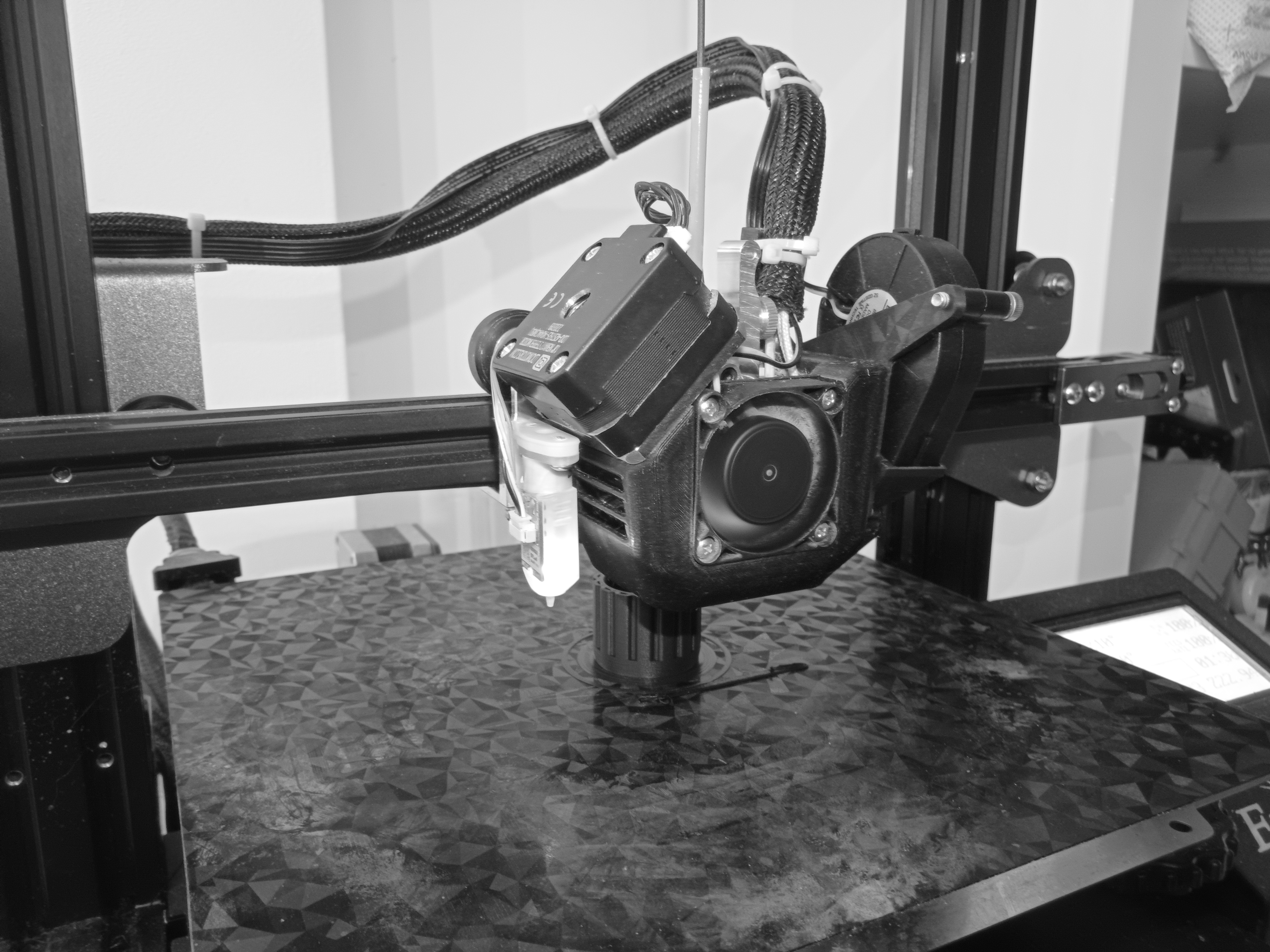
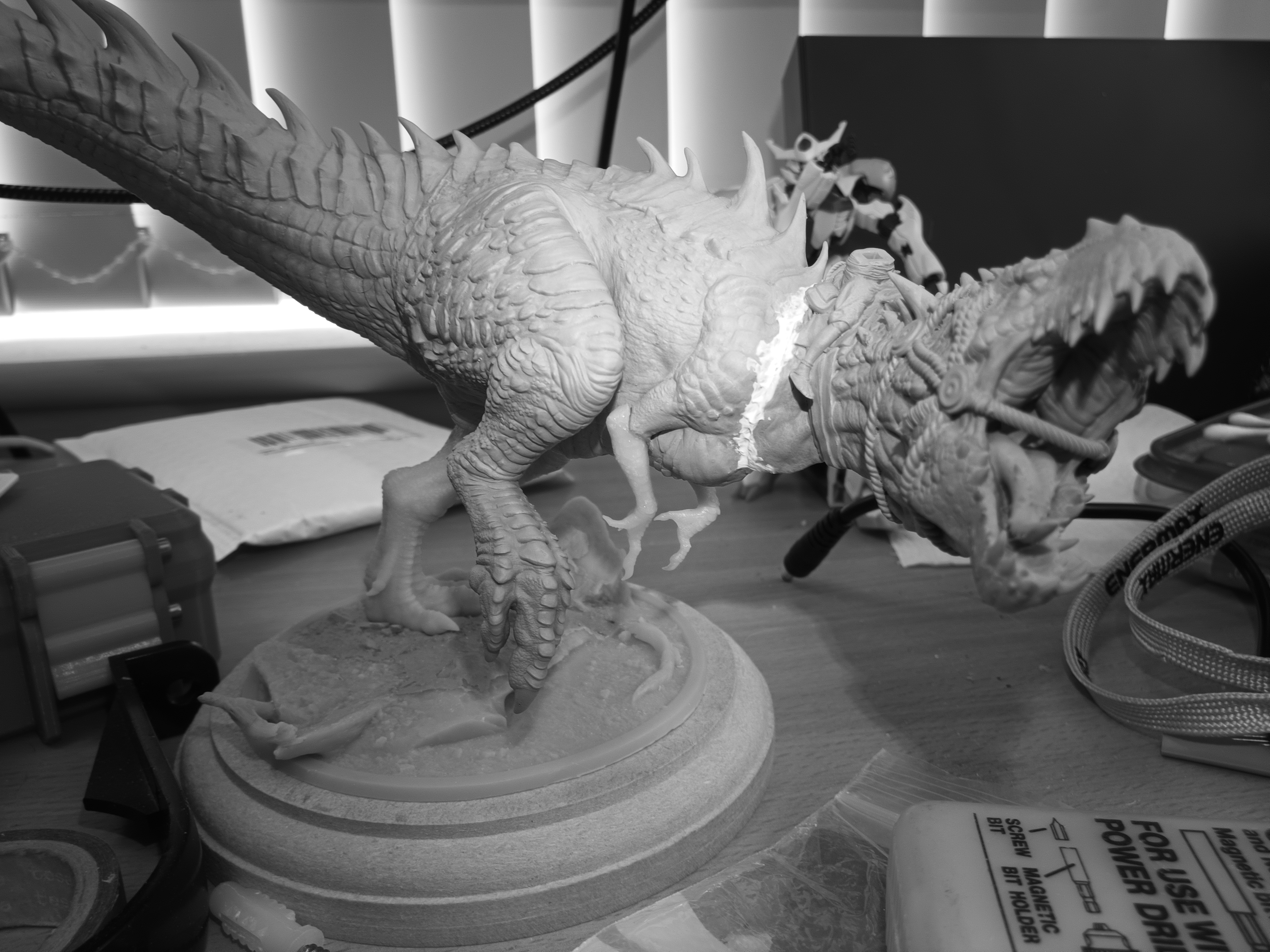



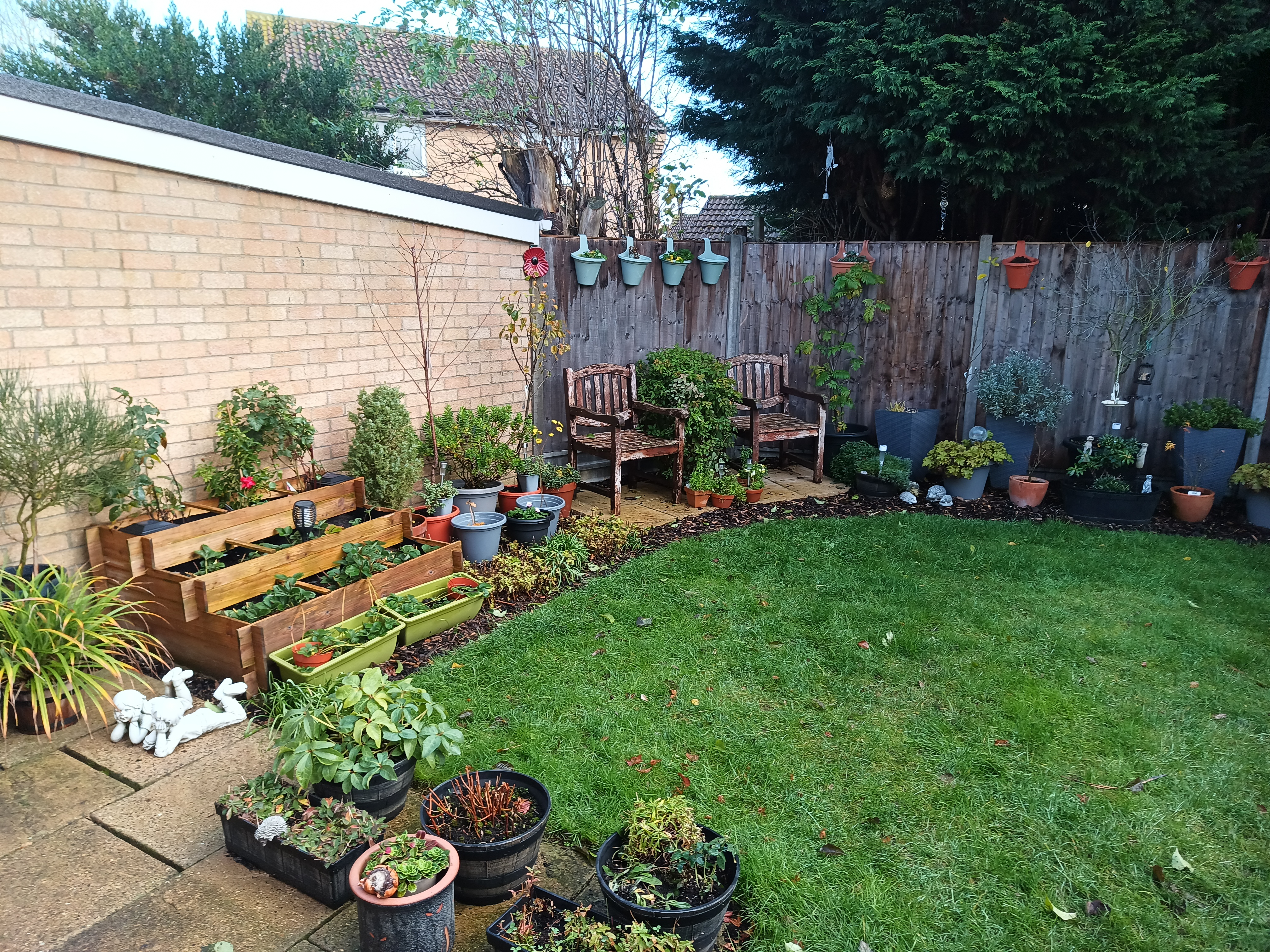
- Camera score: 4.5/5
Oukitel WP30 Pro: performance
- Powerful SoC
- Over a day of continuous use
- Fast 120W charging
| Benchmark | Test | Score |
|---|---|---|
| Geekbench: | Single core | 875 |
| Multi core | 3140 | |
| OpenCL | 5071 | |
| Vulkan | 4916 | |
| PCMark: | Score | 10686 |
| Battery | 25h 33m | |
| Passmark: | Overall Score | 14270 |
| CPU Score | 6769 | |
| 3DMark: | Slingshot OpenGL | Maxed Out |
| Slingshot Extr. Open GL | Maxed Out | |
| Slingshot Extr. Vulkan | Maxed Out | |
| Wild Life | 4533 |
Comparing these numbers to the results of the Lenovo (aka Motorola) Thinkphone, it becomes apparent that the Qualcomm Snapdragon 8+ Gen 1 still has a good advantage over the new MediaTek Dimensity 1200. But compared with the majority of rugged phones that use the Helio G99 or previous Dimensity models, this chip delivers exceptional performance.
A PCMark score of over 10K is terrific, and the running time of over 25 hours also shows how effectively the 11,000mAh battery can be used.
However, we also noted that when working hard, the phone's temperature increases notably, and some thermal throttling may occur.
Sadly, the ARM Mali-G77 GPU broke our video tests by exceeding the level UL set for phones. It delivered a WildLife score, a test designed for low-end laptops, but it refused to run the rest, complaining that the chip had Maxed Out each test.
It’s not often that a failure to run a benchmark is considered a positive thing, but here it demonstrates well the level of performance that the Dimensity 1200 has to offer.
One aspect of this design that is exceptional is Oukitel’s decision to include a 120W charger, not the typical 33W or even 66W. This allows a good chunk of the battery capacity to be recovered within 30 minutes, although the phone does get warm to the touch when it absorbs that much power rapidly.
Having a big battery is great, but so many designs don’t consider the extra time to recharge, which the designers of the WP30 Pro did.
- Performance score: 4.5/5
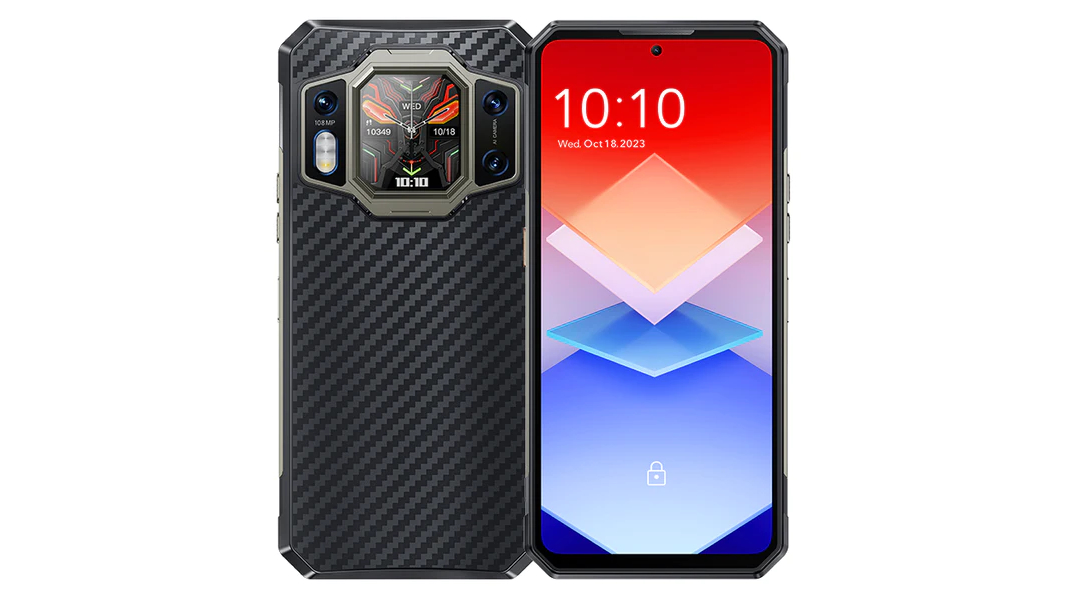
Oukitel WP30 Pro: Verdict
To put it bluntly, the WP30 Pro is a terrific rugged phone design with relatively few vices and plenty to recommend purchasing it.
It’s probably too large for those with smaller hands, but the size isn’t an issue for larger adults, and it isn’t cumbersome.
The central offering is a powerful SoC platform, great camera sensors and modern communication tech, but at a price that isn’t premium.
The design seems a little less focused with the rear display. It needed a better and more useful integration to Android to make use of this hardware.
But software polish aside, the Oukitel WP30 Pro is a worthy device to be a flagship and one that those wanting a go-anywhere phone should seriously consider.
Should I buy a Oukitel WP30 Pro?
| Attributes | Notes | Rating |
|---|---|---|
| Value | A powerhouse with 12GB of RAM and 512GB of storage for less than $400, count me in! | 5/5 |
| Design | It is an understated but elegant design that exudes robustness without being cumbersome. | 4/5 |
| Hardware | New Dimensity SoC with bags of power and a GPU built for performance. Excellent hardware for this price point. | 4.5/5 |
| Camera | Effective main sensor and top-quality night vision. It doesn’t offer an ultrawide sensor, but everything else is exceptional. | 4.5/5 |
| Performance | It's not Snapdragon 8+ amazing, but it's better than the Snapdragon 7 and any prior Dimensity series. | 4.5/5 |
| Overall | Amazing specification for a phone costing less than $500 | 4.5/5 |
Buy it if...
You need a phone to go outside
Want to go hiking or on a building site and don’t want to take a premium phone? Then the WP30 Pro is a decent replacement that has most of the premium phone features, but in a package that can handle rain, dust and being dropped.
Photography is important
The quality of photos this phone can take is high, even in complete darkness. It doesn’t have an ultrawide angle lens or thermal imaging, but unless you need those the camera sensors are excellent. It even captures 4K video.
Don't buy it if...
You are travelling light
The size and weight of rugged phones can be an issue, and while the WP30 Pro isn’t that heavy it is large. Therefore, this wouldn’t be an ideal option for a child or someone with weak wrists.
You watch streamed content
One omission of this design is Widevine L1 encryption, used by big streaming services to determine the resolution of their content on your device. Because it only supports Widevine L3, many services will only stream in 480p resolution.
Also consider
Doogee S100 Pro
Using the G99 SoC and 104MP camera sensor, this is a less powerful option. But for a similar price tag of $400, you get a huge 22000mAh battery, making it last longer on battery power but also much heavier to carry.
Read our Doogee S100 Pro review for more information.
Lenovo ThinkPhone by Motorola
Another lightweight rugged design, sold by Lenovo outside the USA and under Motorola branding inside that region.
A much more expensive option, but in return, you get the superior Snapdragon 8+ Gen 1 SoC, 8GB of DDR5 RAM, 256GB storage, and a high-quality screen. But the cameras aren't significantly better and battery capacity is even smaller.
One caveat is that it's only designated as waterproof in fresh water, oddly.
Read our Lenovo ThinkPhone by Motorola review for more information.
More rugged tech
Need the full kit for out in the field? Here's what we've reviewed so far:
Mark is an expert on 3D printers, drones and phones. He also covers storage, including SSDs, NAS drives and portable hard drives. He started writing in 1986 and has contributed to MicroMart, PC Format, 3D World, among others.
